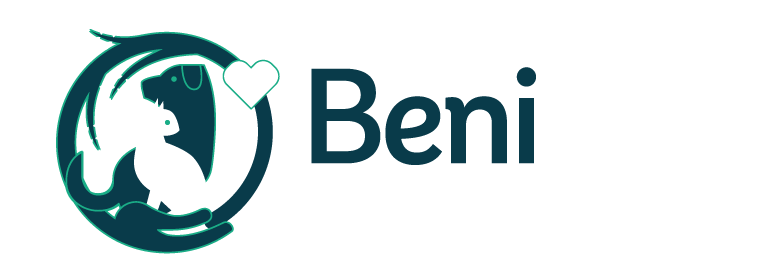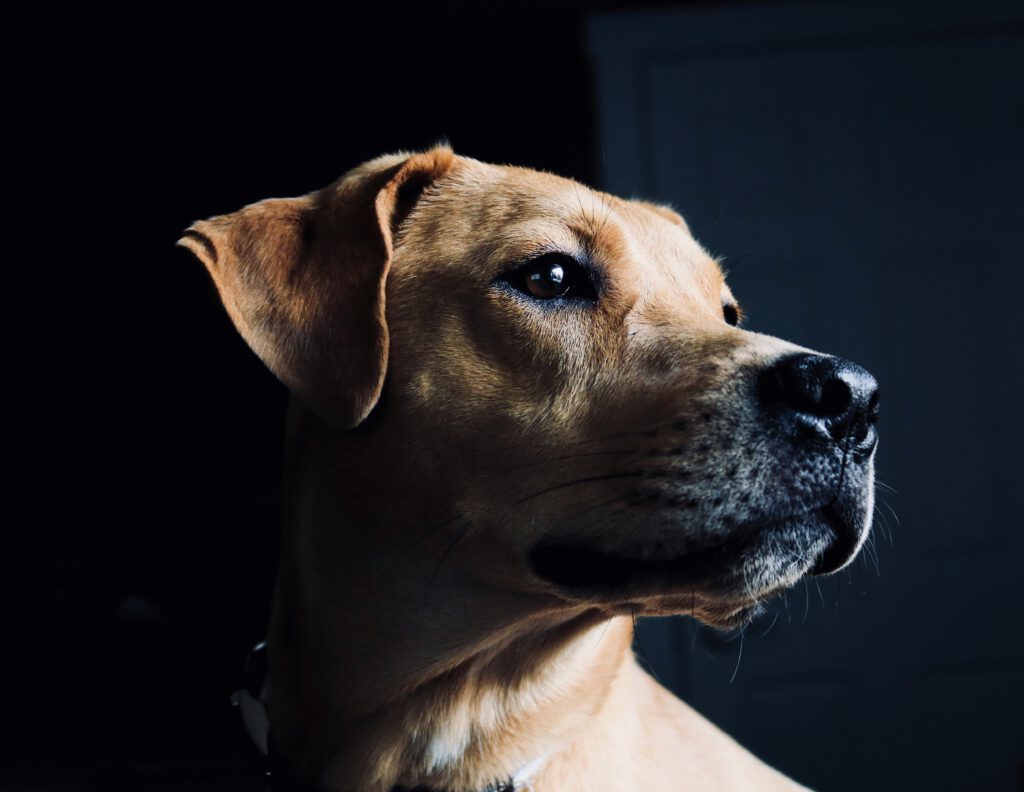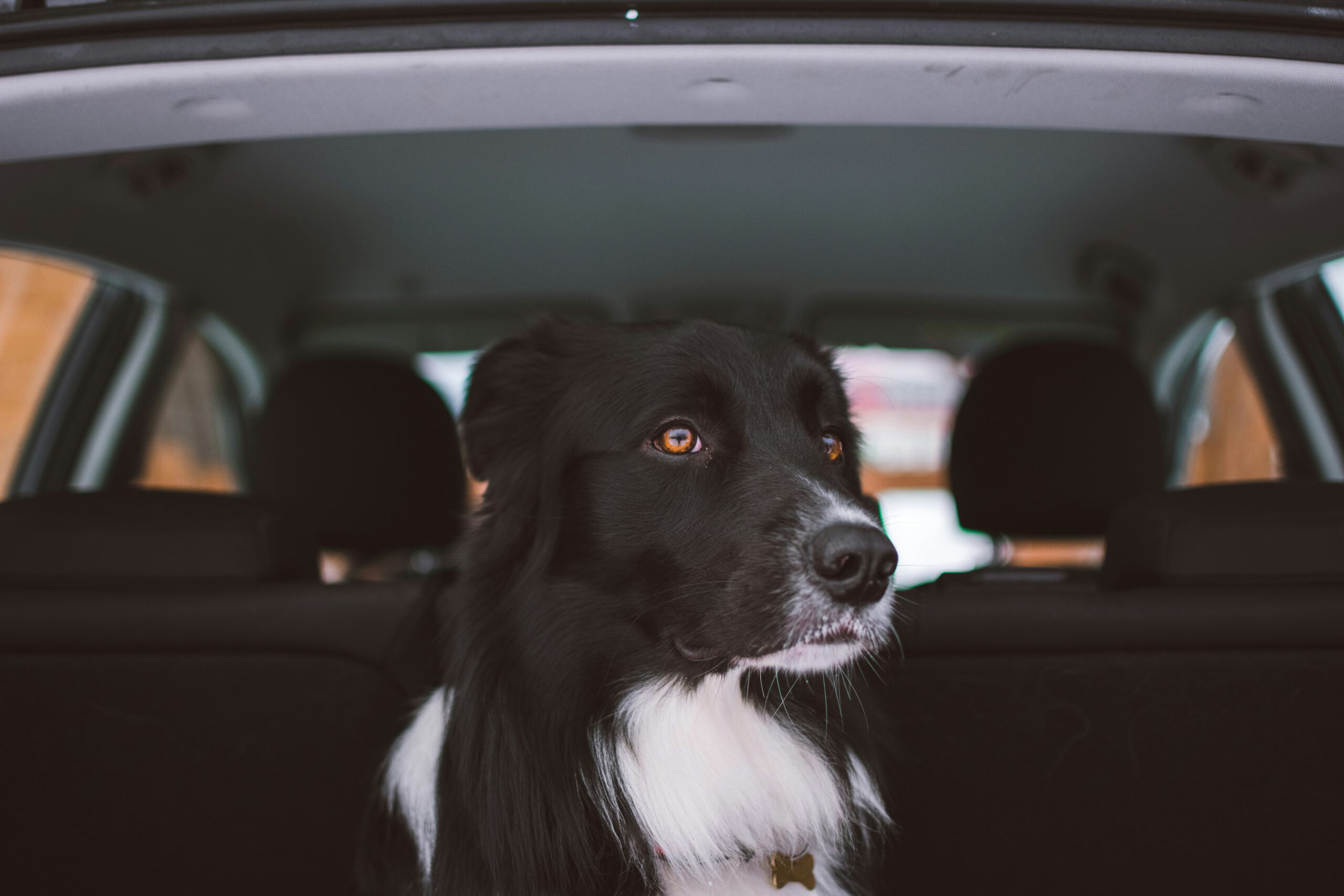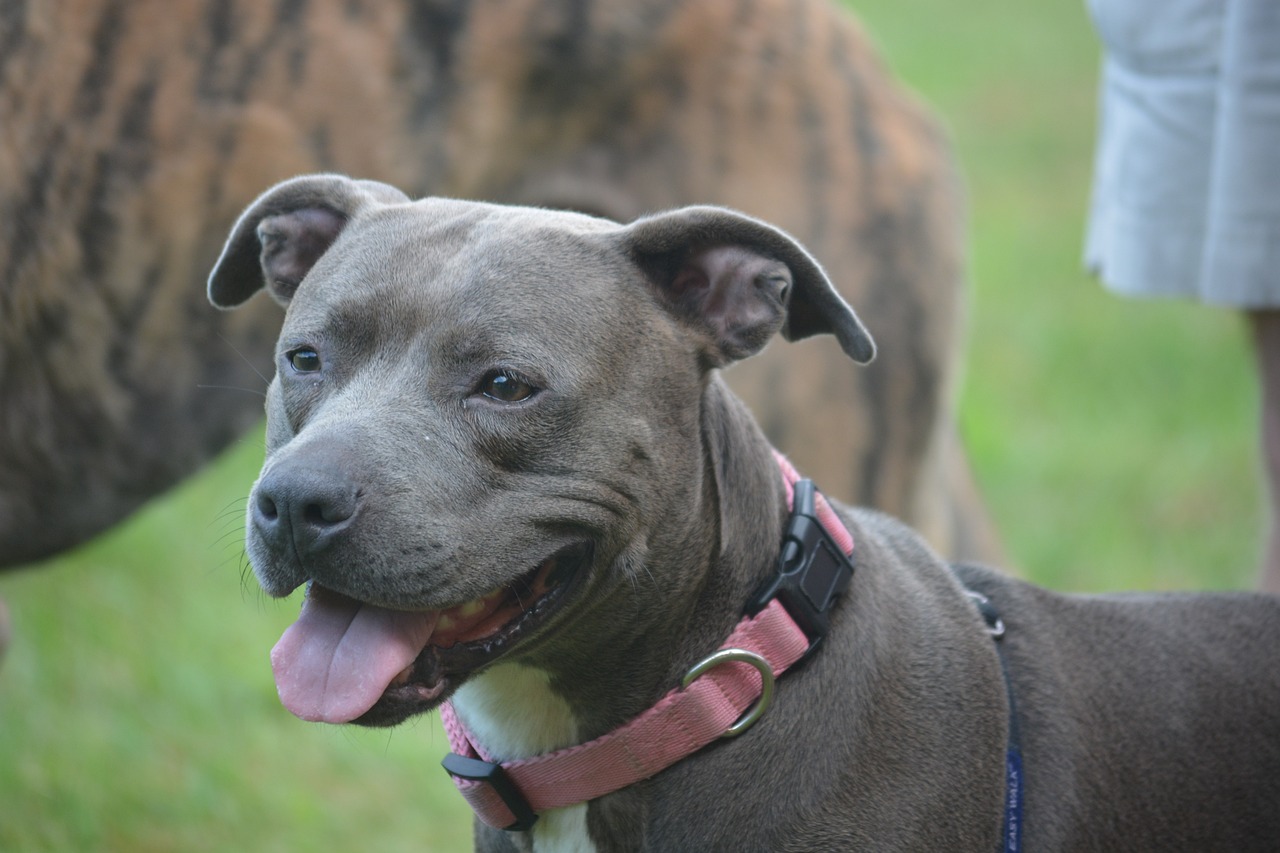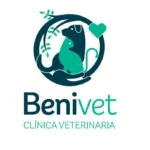
Only a veterinarian can assess the health status of the animals, also taking into account other circumstances such as the type of vaccine to establish a correct vaccination and deworming schedule and other circumstances necessary to obtain a correct protection against diseases.
Vaccination of puppies is particularly important for the health and well-being of these animals. It is therefore a circumstance that should be required as a commitment to responsible ownership. Puppies, as is the case with babies and children in human medicine, are especially susceptible to various diseases, and ensuring an adequate vaccination schedule at this stage of our pets' lives is essential. In this way we can avoid the appearance of diseases such as parvovirosis, distemper or feline panleukopenia, which can cause serious suffering to animals, often becoming fatal. The time of vaccination is important because the maternal antibodies that the mother has transmitted both through the placenta and fundamentally with the colostrum, which is the first milk enriched with antibodies, diminish after birth, but if it is done prematurely the maternal immunity can interfere with the vaccine and, if we vaccinate too late, the animal will be unprotected for a certain time. We should consult with our veterinarian who will indicate the correct schedule.
Vaccination consists of the inoculation of a substance (killed or attenuated microorganism or fraction of a virus, etc.), to which the organism reacts by creating defenses (antibodies).
The vaccination protocol can be variable depending on the animal's history, type of vaccines, habits, geographical area where the animal lives, etc. Therefore, when a person becomes the owner of an animal, he/she should go to the veterinarian, who is the only professional qualified to guide him/her regarding the health care required by his/her pet.
Currently, in the Valencian Community, the only mandatory vaccine is the rabies vaccine for dogs, cats and ferrets, according to the Law 2/2023of March 13, following the guidelines indicated in the Order 3/16, of the Department of Agriculture, Environment, Climate Change and Rural Development.
The veterinarian will check the identification and registration of the animal in the RIVIA and the completion of the passport.
The vaccine should be administered before sixteen weeks of age if the animal is older than twelve weeks.
A subsequent revaccination with a booster dose will be performed one year after the first vaccination.
Thereafter, vaccination will be mandatory as prescribed in the technical specifications of the last dose administered referring to the marketing authorization in the member state or the approval or license in a territory or third country.
On the other hand, deworming of dogs, cats and ferrets against echinococcosis is mandatory. This shall be done under the prescription of a veterinarian. Deworming shall be carried out by an authorized veterinarian. at least once a year, being recorded in the animal's health documentation.
In the case of dogs, the veterinarian will check the identification and registration of the animal in the RIVIA and the completion of the passport. For other species, it will be the health card.
The rest of the vaccinations and deworming treatments available for dogs and cats are not mandatory, but they are recommended since our animals live with us and their health has a direct impact on ours, and let's not forget that, within a responsible ownership, is the maintenance of an adequate sanitary status of our pets.
For any questions about the vaccination of your pet contact us without obligation, we are your veterinary specialists in Benissa (Alicante).
Remember that prevention is always better than cure.
